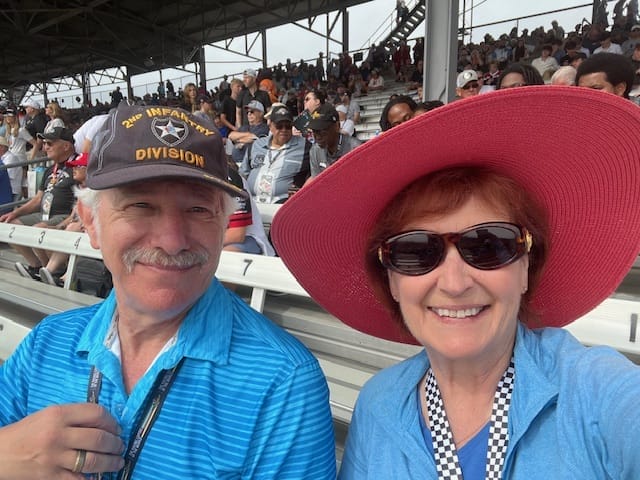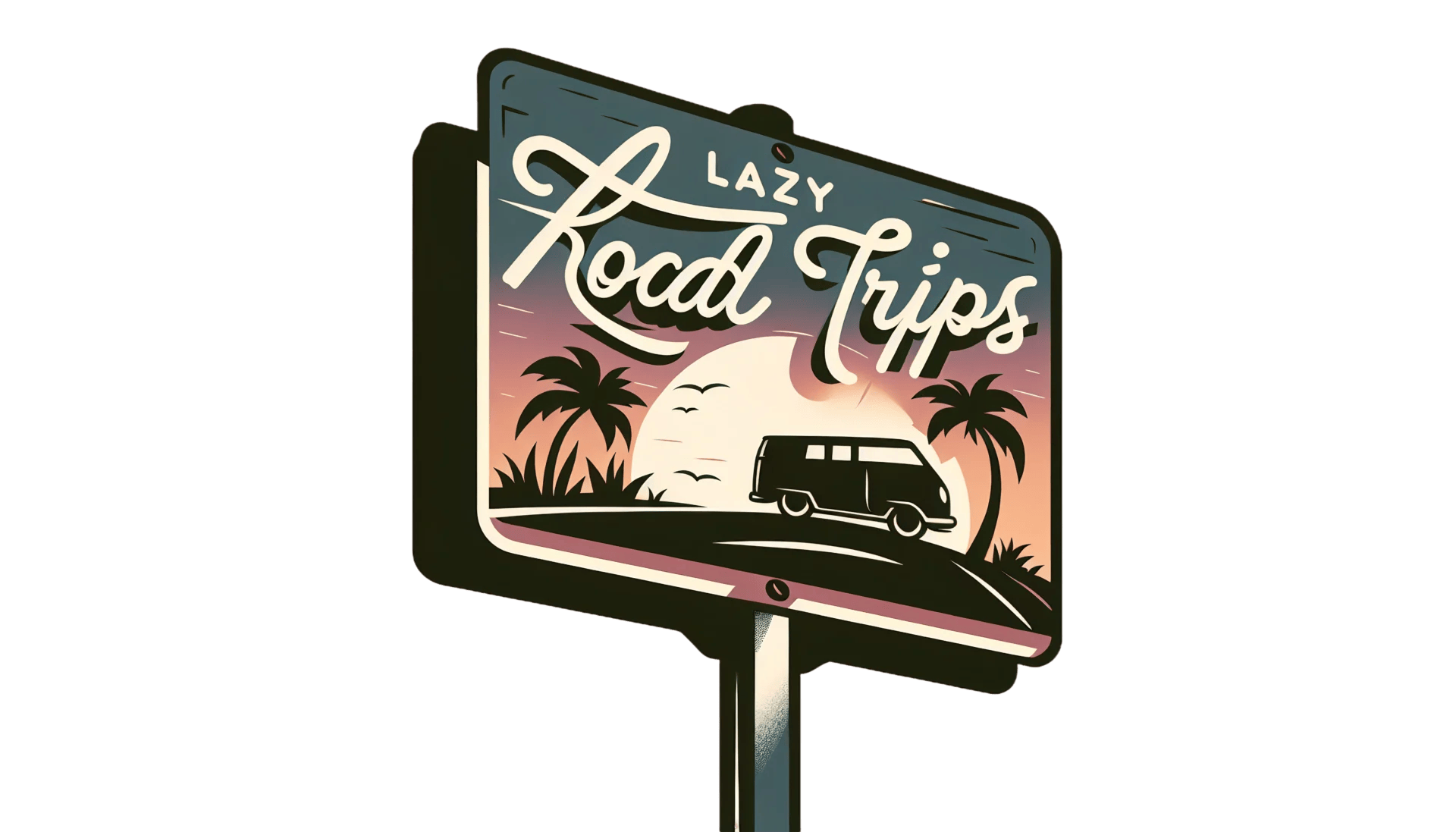The economy’s still throwing curveballs, and the housing market? It’s a tough nut to crack these days. More Americans are eyeing the RV lifestyle as a real alternative, and it’s not just a passing trend—people want that freedom and flexibility you get from living on the road.
So, what’s really behind this shift? Let’s poke around at the reasons, the ups and downs, and toss out a few tips if you’re thinking about making the leap yourself.
Why More Americans Are Choosing the RV Lifestyle
The open road’s always had its charm, but lately, economic pressures are nudging more folks in this direction. Housing prices keep climbing, and the job market feels shaky, making the old dream of homeownership seem out of reach for a lot of people.
The RV lifestyle? It’s starting to look like a pretty appealing option for anyone feeling squeezed by traditional choices.
Economic Factors
The economy’s got its fingerprints all over this trend. As living costs rise and wages lag behind, plenty of families are struggling to keep up. Home prices have shot up, putting ownership on the back burner for many.
But buying an RV usually costs less up front, and the ongoing bills—maintenance, campsite fees—tend to be more manageable. That’s a big draw for anyone watching their budget.
Flexibility and Freedom
What else pulls people in? The flexibility and freedom are hard to beat. RVs let you pick up and go, exploring new corners of the country whenever the mood strikes.
If you work remotely or you’re retired, it’s even better. You get to travel, but you don’t have to give up the comforts of home.
The Benefits of RV Living
RV life isn’t just about saving money, though that’s a big part of it. For many, it’s about adventure and getting closer to nature. There’s a lot to love here, honestly.
- Cost Savings: Living in an RV can slash your expenses—lower utility bills, no property taxes, and less maintenance to worry about.
- Minimalist Lifestyle: You kind of have to embrace minimalism, which can take a load off your mind and help you focus on what’s actually important.
- Community: The RV crowd is usually pretty welcoming. Parks and campgrounds can feel like tight-knit little neighborhoods on wheels.
- Adventure: There’s always somewhere new to go—national parks, quirky small towns, you name it. The adventure never really stops.
Challenges of RV Living
Of course, it’s not all rosy. There are some real challenges you’ll want to think about before you jump in.
- Space Constraints: RVs don’t offer much room, so adjusting from a bigger place can be tough.
- Maintenance: These rigs need regular upkeep, and sometimes repairs pop up at the worst times.
- Connectivity: Staying online isn’t always easy, especially if you’re parked out in the boonies. That’s a big deal if you work remotely.
- Legalities: The rules and paperwork can get confusing—zoning, residency, all that jazz.
Tips for Transitioning to the RV Lifestyle
Thinking about making the switch? Here are a few things you might want to keep in mind before you hit the road.
Research and Plan
Start with some solid research. Check out the different RV types, get a handle on costs, and try to picture what daily life will look like. Planning ahead can save you a lot of headaches.
Downsize Your Belongings
Downsizing is a must. It’s not easy, but you’ll need to pare down to the essentials to make RV life work. Sell, donate, or stash anything you won’t use regularly.
Test the Waters
Don’t dive in headfirst. Take a few longer trips first and see how it feels. That’s really the only way to know if the RV lifestyle fits you.
Conclusion
The RV lifestyle keeps gaining traction as Americans look for ways around traditional housing. Economic challenges have definitely nudged a lot of folks to consider life on the road.
There’s a certain freedom to it, honestly, but it’s not all sunshine. You really have to plan ahead and weigh the pros and cons before making the leap.
If you’re curious about why so many people are making this change, here’s an article from NBC News that digs into the economic reasons behind the trend.

